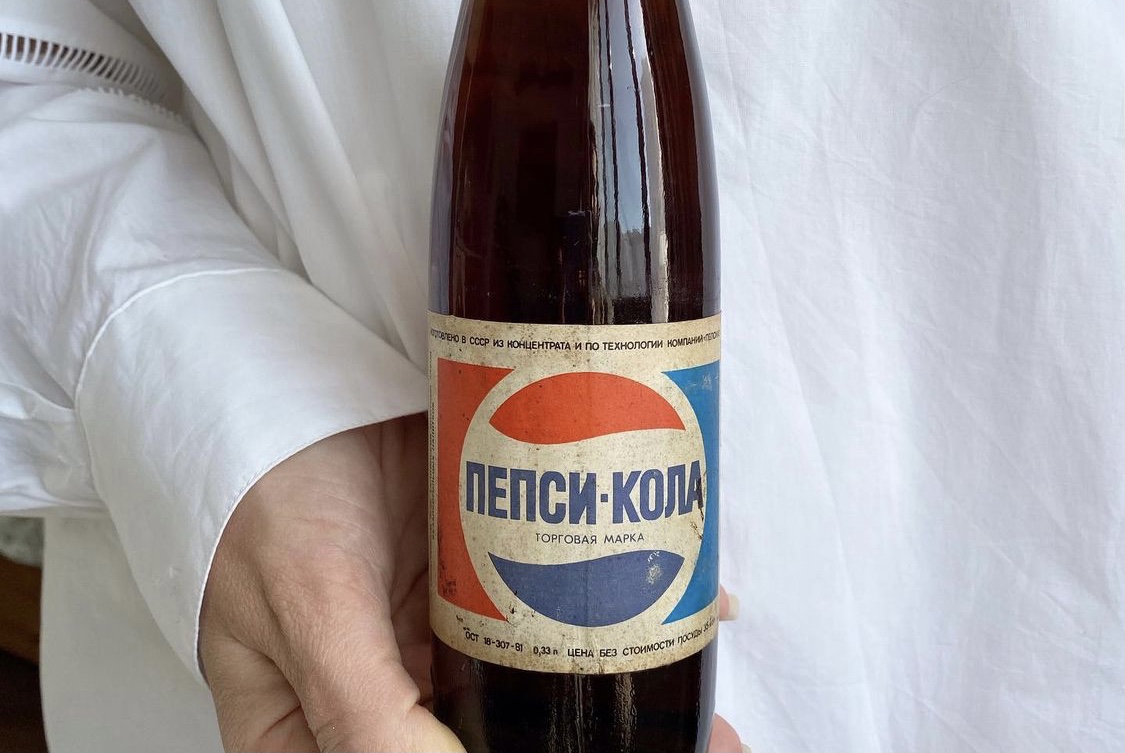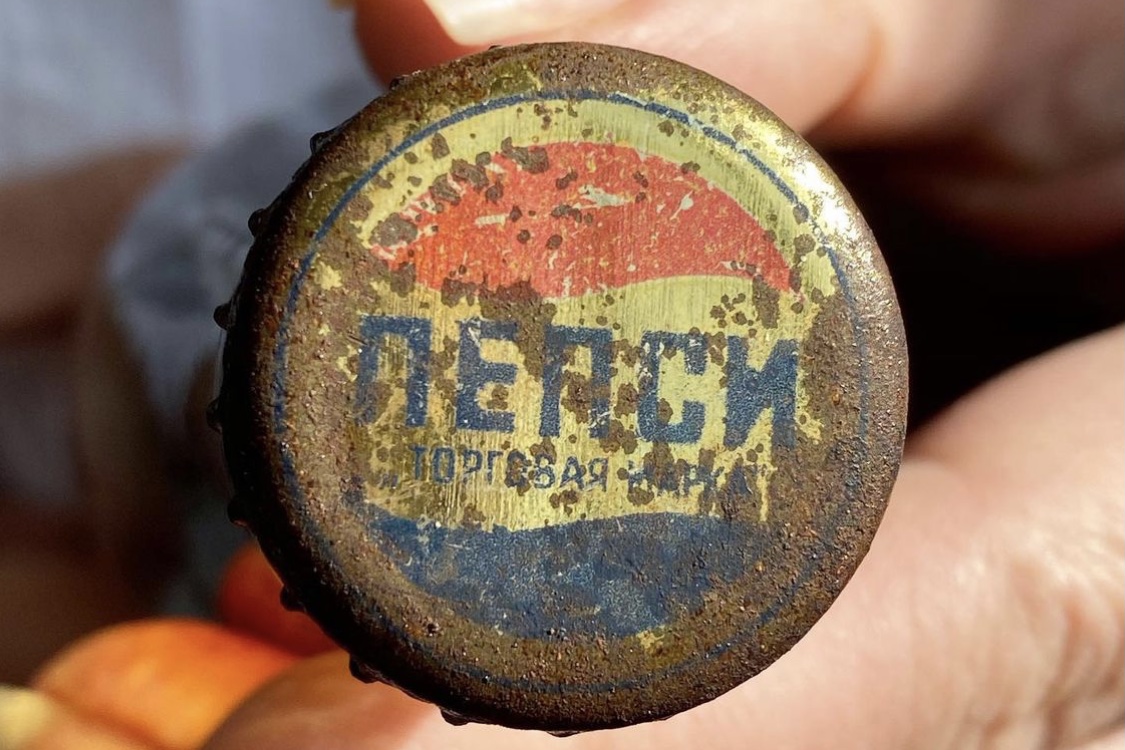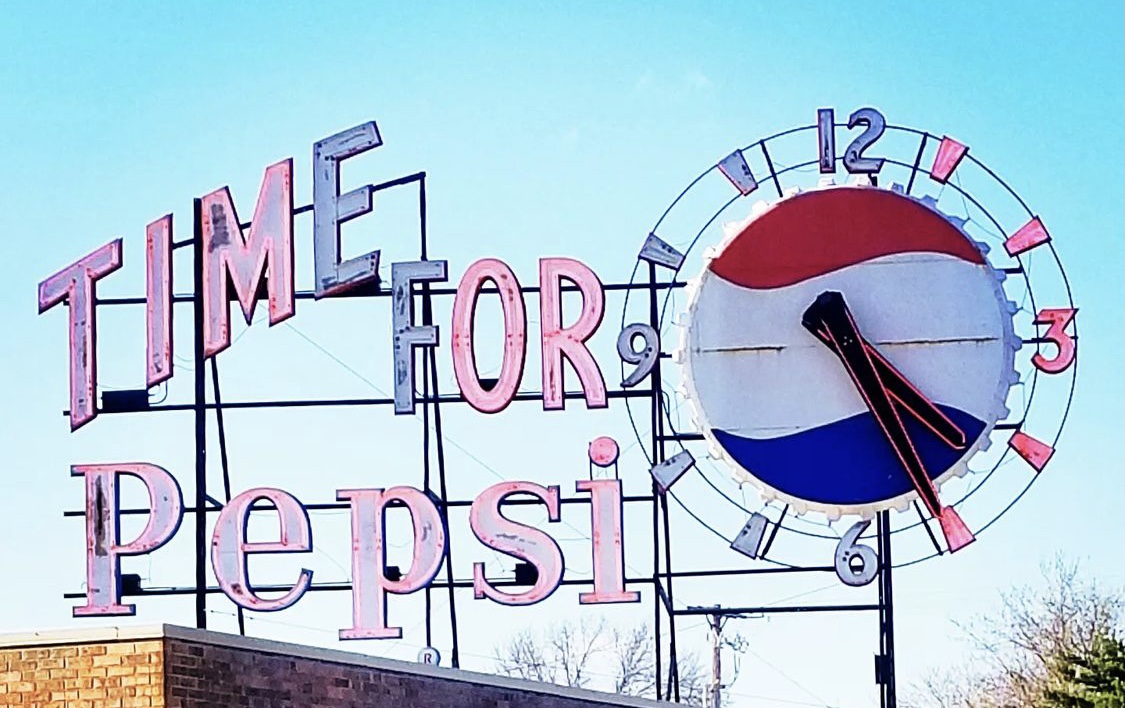sounds a bit surreal offer a can of Pepsi as a means of relieving tension between two great military powers. But that's how it happened when the United States introduced this drink in what was the Soviet Union. It did not stay there, but got in return multitude of military fleet. Do you want to know how it happened? We tell you.
a calmer environment
After World War II, the United States and the Soviet Union experienced a hostile period, known as the cold war. It was mainly motivated by their ideological and geopolitical differences. However, even if this tension continues, the leaders of both blocs sought to calm the atmosphere. For this they decided to carry out a cultural exchange. This consisted of each country carrying out a display of your products in the other's country.
So it happened, the Soviet Union moved to New York a stand where different Russian objects and performances could be seen. While, for its part, the United States took its fair to Moscow. There he showed stuff from Disney, IBM computers and Pepsi soft drinks! This latest demonstration was not random. Pepsi was within its own war against coke and needed to open its market in another country. Market Pepsi in the USSR would be to place one of the most iconic products of capitalism in the cradle of communism.


To achieve this had a plan studied from America. The context of this moment was that it was a hot day in July. Taking advantage of this, the president of the United States, Richard Nixon, accompanied Nikita Khruschev, leader of the USSR, to the Pepsi stand under the excuse of refreshing himself. The image of the highest representative of communism drinking a drink of Pepsi went around the world.
Barter between blocks
What better way to defuse tensions between the two countries than to introduce an American drink to the USSR? A) Yes Pepsi got sold in a new country. Not only that, but also this brand had exclusive sales rights. However, not everything was as beautiful as it seems. And it is that, at that moment soviet currency was worthless abroad. Nor did the Soviet Union have dollars with which to pay for this new drink. This was fixed with bartering. That is, they exchanged Pepsi by bottles of Stolnichnaya Vodka.
This exchange, in which everyone involved gained, it worked perfectly. Until 1989 when the first contract between Pepsi and the USSR ended. The consumption of this drink did nothing but rise and the Russian ruble continued to be worthless. Also, the vodka used as currency was not enough. Pepsi asked for more in exchange for their refreshments and USSR the only valuable thing he had was his military resources.
A soft drink brand with the sixth largest naval fleet
What to do about this situation? The Soviet government was clear. They offered part of their naval fleet in exchange for paying off their debts and being able to continue enjoying Pepsi. So the New York Times picked it up with a headline saying Soviets Buy Americans. The reward for the beverage brand was: 17 attack submarines obsolete; a cruise; a destroyer; a frigate; and several tankers civilians. With this Pepsi obtained the sixth largest naval fleet in the world. Likewise, it managed to dismantle the USSR with weapons.

Although, they ended up selling it to other governments and maritime companies, for an approximate value of 3 billion euros. Since they didn't need it. Everything went according to plan until 1991. The year the USSR disintegrated. Now Pepsi had to negotiate with fifteen countries, instead of with one, and face the new tariffs. Pepsi tried hard. Even, sent a replica of one of his giant cans to the Russian space station. But it did not help much, Coca Cola had already entered these countries and they were once again competitors.
Ultimately, it was all about perfect marketing strategy by the United States and Pepsi. Where everyone wins. Although, looking at it from the outside, it may seem that naval barter may seem exaggerated. However, it is understandable seeing the situations they were in. And you? Do you like Pepsi enough to exchange the most valuable thing you have for a few cans?






